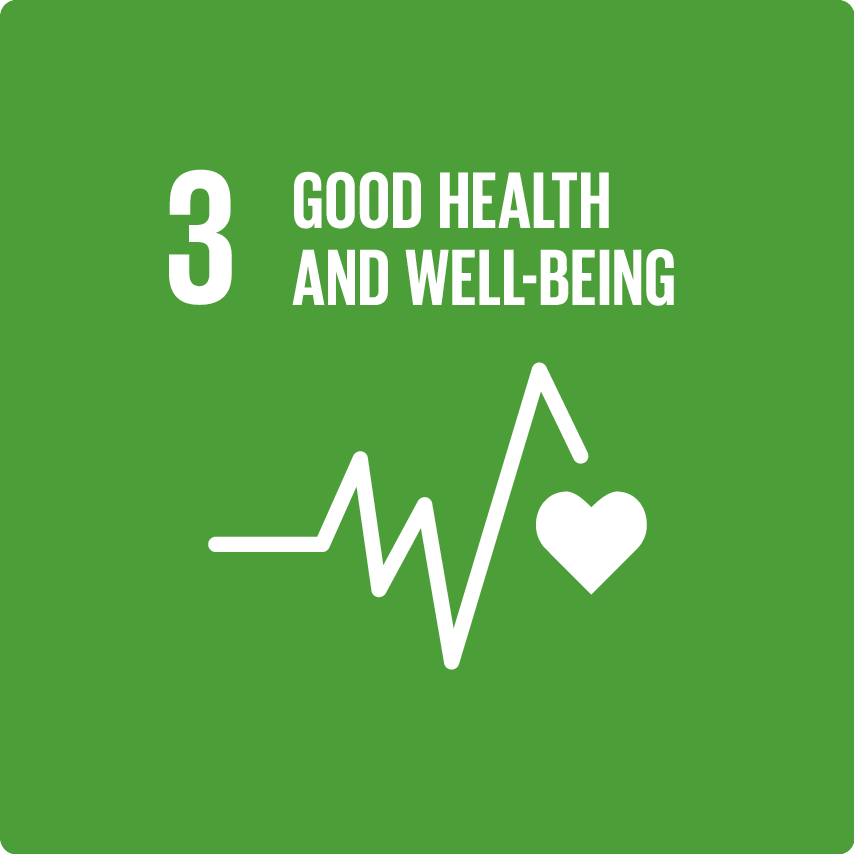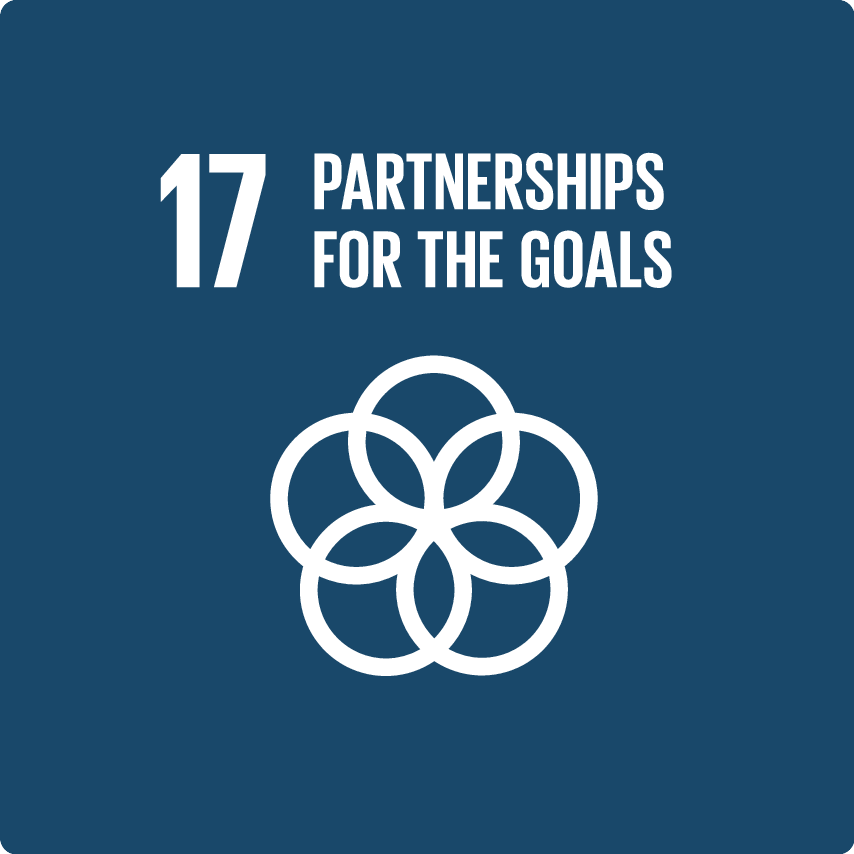City Cancer Challenge (C/Can)
C/Can supports city-led cancer solutions to improve and sustain access to equitable, quality cancer care.
SEE ALL PARTNER ORGANIZATIONS
Objectives
- C/Can leads a city-based partnership initiative that supports cities around the world as they work to improve access to quality, equitable cancer care.
- C/Can’s innovative, multi-sectoral model works to:
- Build community-led cancer care solutions.
- Support health system strengthening.
- Ensure local ownership and sustainability.
By 2050, two-thirds of the world’s population are expected to live in urban areas, with low- and middle-income countries (LMICs) driving this growth. If we want to effectively tackle the growing cancer burden, cities must play a fundamental role. They provide a unique ecosystem to test and drive innovation in cancer care – meeting people’s needs from the ground up.
C/Can’s innovative, multi-sectoral framework supports cities in implementing changes that can be scaled up and replicated across health services. The C/Can model invests in enhancing connections between people, policies, and processes to build capacity and resilience. It convenes policy makers, healthcare providers, patient groups, and partners, creating communities to support the journey to self-reliance.
There are 13 cities currently working with C/Can on five areas of action: improving health information systems, developing health workforce capacity, catalyzing health financing, strengthening leadership and governance, and strengthening health service delivery.
Cities apply to join C/Can and be considered based on their commitment to fighting cancer, alongside other criteria. Once a city is accepted, they will work with C/Can to identify and engage stakeholders, assess their needs, develop solutions, and execute and sustain projects to improve cancer. A new call for city applications will be launched in 2023.
C/Can was launched by the Union for International Cancer Control (UICC) in 2017 and was established as a standalone Swiss foundation in 2019. You can find more information on C/Can’s approach and how to get involved here. Our Approach | Supporting Cities as Change Enablers – C/Can – City Cancer Challenge
Results and milestones
In 2017, UICC launched C/Can at the WEF Annual Meeting in Davos and announced Cali (Colombia), Asuncion (Paraguay), and Yangon (Myanmar) as the first cities to participate in the project. UICC announced Kumasi (Ghana) as the 4th city joining the program at the World Cancer Leader’s Summit in Mexico City, Mexico.
In 2018, Kigali (Rwanda) and Porto Alegre (Brazil) joined C/Can.
In 2019, Tbilisi (Georgia), Leon (Mexico), and Greater Petaling (Malaysia) joined C/Can.
In 2020, C/Can launched the City of Tomorrow, a global campaign to inspire cities in LMICs to join the initiative.
In 2021, C/Can received an award from the UN Inter-Agency Task Force (UNIATF) on the Prevention and Control of NCDs, recognizing its contribution to improving access to quality cancer care.
In 2022, Arequipa (Peru), Nairobi (Kenya), Rosario (Argentina), and Phnom Penh (Cambodia) joined C/Can.
Geographic Reach
- Global Commitment
Disease Area
- Non-communicable diseases
Partner organizations
Pediatric Hematology and Oncology Department – National University of Asuncion
Catalan Institute of Oncology
Institute for Palliative Medicine (IPM)
Mayo Clinic
Universidad del Valle
Fred Hutchinson Center for Cancer Research
Ocean Road Cancer Institute Tanzania
Asian National Cancer Centers Alliance
Hospital del Mar
National Cancer Center Japan
Princess Margaret Cancer Center
International Society of Nurses in Cancer Care (ISNCC)
American Society for Clinical Pathology (ASCP)
American Society for Clinical Oncology (ASCO)
European Society Radiation Oncology (ESTRO)
Geneve International
World Health Organization (WHO)
International Atomic Energy Agency (IAEA)
United Nations Institute for Training and Research (UNITAR)
UN Habitat
International Finance Corporation (IFC) - World Bank
Islamic Development Bank
German Association for International Co-operation (GIZ)
Asociacion Latinoamericana de Cuidados Paliativos (ALCP)
Geneva Cities Hub
African Cancer Registry Network (AFCRN)
CEDAP
ICON Group
Clinton Health Access Initiative (CHAI)
Direct Relief
Union for International Cancer Control (UICC)
eCancer
Health Finance Institute (HFI)
African Palliative Care Association (APCA)
Access Accelerated
Allm Shaping Healthcare
Varian – A Siemens Healthineers Company
IBM
Bristol Myers Squibb Foundation
My Child Matters Sanofi Espoir Foundation
Republique et Canton de Geneve
Additional resources
Geographic Reach
Global Commitment
Disease Area
Non-communicable diseases
- Cancer

